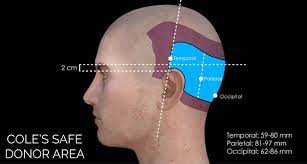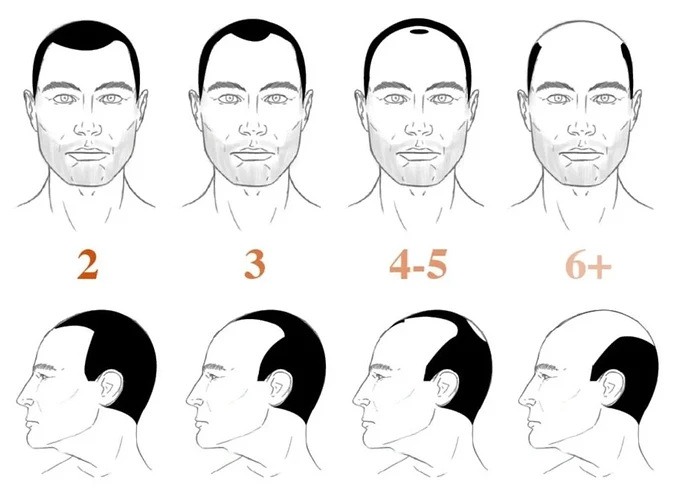Hair loss can be a significant source of aesthetic concern for many people, impacting their self-confidence and overall well-being. Fortunately, hair transplantation offers an effective solution to combat this issue. However, it’s crucial to understand who qualifies as a candidate for this surgical procedure. In this comprehensive guide, we will explore the criteria for suitable candidates for hair transplantation, leaving no questions unanswered.
1. General Health Status:
First and foremost, the overall health of individuals seeking hair transplantation should be evaluated. Those with chronic illnesses, bleeding disorders, or serious health issues may be at risk for surgical complications. Hair transplantation is a surgical procedure, and candidates should generally be in good health.
2. Quality of the Donor Area:
Suitable candidates for hair transplantation should have an adequate supply of healthy hair follicles in their donor areas. The donor areas typically include the hair at the back and sides of the head. The quality and quantity of hair in the donor region are critical factors for a successful hair transplant.
3. Degree of Hair Loss:
Candidates must be evaluated based on the degree of their hair loss. Hair transplantation is often a more effective solution for those with mild to moderate hair loss. However, individuals with advanced hair loss may face more complex challenges in achieving desired results.
4. Age Factor:
The age of the candidate should also be taken into consideration. Performing hair transplantation at a young age may pose challenges in predicting future hair loss patterns. Therefore, the timing of the surgical intervention should be carefully planned.
5. Expectations and Motivation:
Candidates should approach the hair transplantation process with realistic expectations. While hair transplantation often provides natural and long-lasting results, individual outcomes can vary. Motivation and commitment to the treatment plan can also influence the results.
6. Post-Transplant Care:
Patients must be willing to adhere to post-transplant care instructions and follow the prescribed treatment regimens. This is essential for the successful survival and growth of transplanted hair follicles.
Conclusion:
Hair transplantation can be a transformative solution for those dealing with hair loss. However, not everyone is a suitable candidate. Therefore, individuals considering hair transplantation should consult with a specialist for evaluation. Suitable candidates for hair transplantation typically exhibit good overall health, a sufficient donor area, and realistic expectations. Those who meet these criteria can look forward to regaining natural and permanent hair through the procedure.




